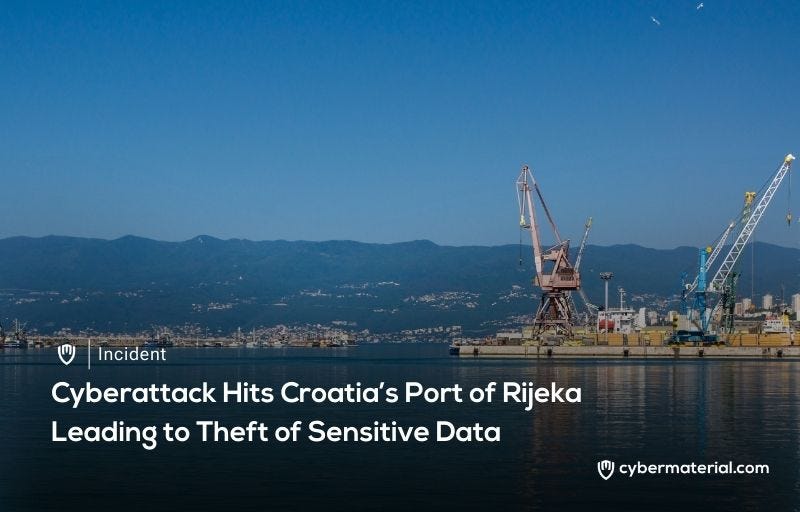
The Port of Rijeka in Croatia was the victim of a cyberattack over the weekend, which led to the theft of sensitive data, including financial and accounting records, personal information, employment …

The Port of Rijeka in Croatia was the victim of a cyberattack over the weekend, which led to the theft of sensitive data, including financial and accounting records, personal information, employment …